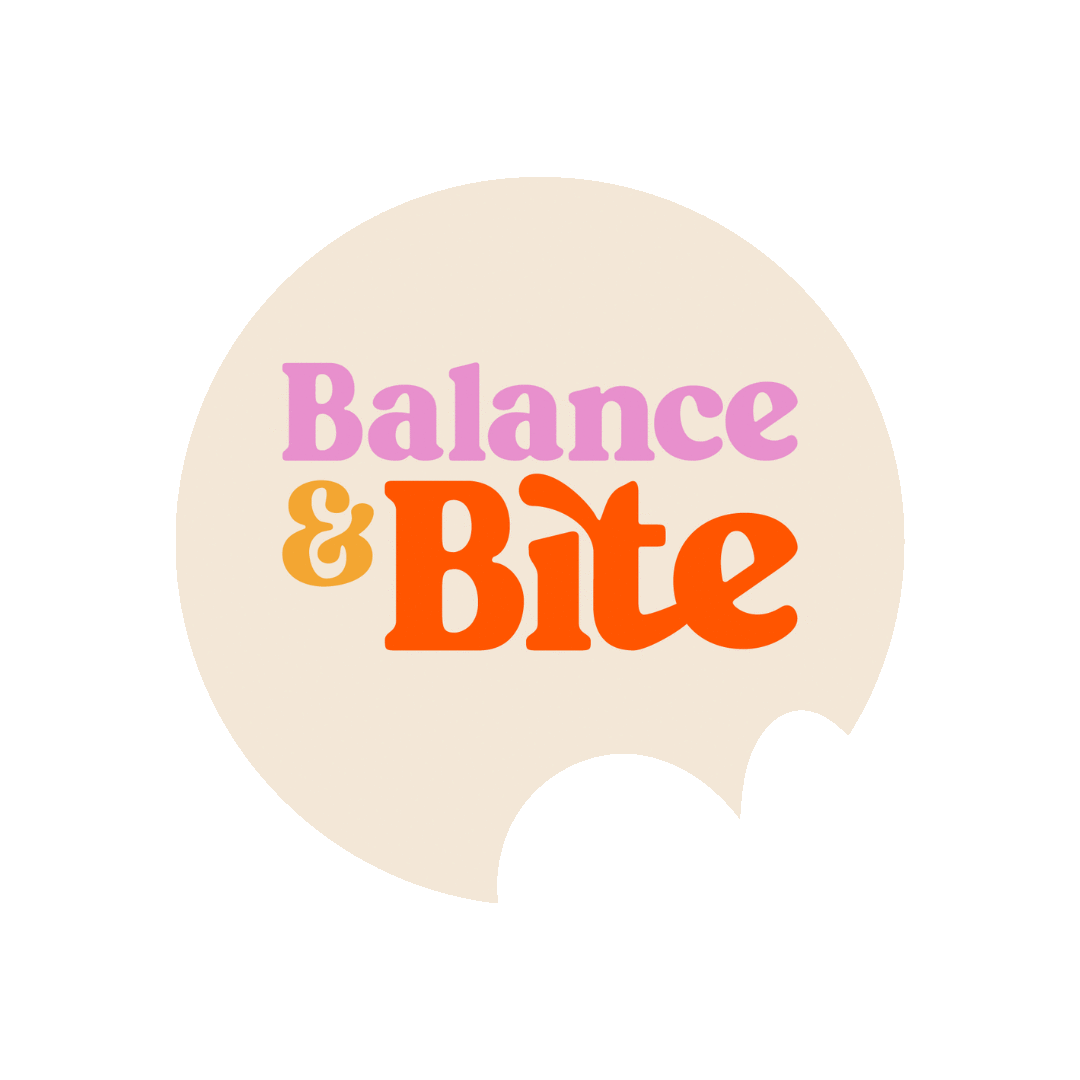Diet culture is the water we swim in every day. It’s the ideals and beliefs that we must conform to a narrow version of health that encourages us to be as thin as possible (but not too thin). It’s labelling foods as good or bad, restricting calories, prioritising our “health” over our happiness, and has become so normalised in modern society that we’re casually celebrating disordered eating. Of course, there are the well-known culprits like weight loss products, brands and companies but have you ever thought about the sneaky ways diet culture shows up?
Let’s explore some of the sneaky ways diet culture can pop up.
-
The cash register
Imagine you’ve scrolled the isles carefully curating your shopping trolley with a mixture of fruits, vegetables, proteins and carbs. You’ve even thrown in some of your favourite foods like ice cream and chocolate. You get to the cash register, unload your shopping, and as the assistant starts scanning your items, they comment, “you know that ice cream is really unhealthy”, shamming you for choosing such ‘bad’ food. This is diet culture.
-
Doctors office
I’ve lost count of clients who has told me they’re avoiding seeing their doctor out of fear of being weighed, judged or told to lose weight. If you’re physical biomarkers, e.g. blood pressure, routine blood results etc., are within normal range, and you are physically healthy. Yet, your doctor recommends weight loss because your BMI is above 25 – this is diet culture.
-
Water cooler chat
Weight bias and fat-shaming are rife in the workplace. Overweight people are hired less, promoted less, and paid less. This creates a breeding ground for virtuous nutrition chat to attain higher status. From proclaiming the benefits of their latest fad diet to demonising other people’s food choices, people know that an active interest in pursuing society’s narrow health and wellness is celebrated. If someone doesn’t match or support this supposed picture of “health”, they’re more likely to be oppressed – this is diet culture.


-
Book/Movies/TV shows
Only once the curtains rise and your eyes open do you start to see the obvious examples of diet culture within our favourite TV shows, movies and books. Have you ever noticed how all the princesses in Disney movies are thin, and the villains are fat? Or when Monica in Friends loses weight, she’s only then accepted by Chandler? What about the incessant comments Kath throws at Kim for being overweight? Each example is a subtle reminder of how people in larger bodies are made to feel about their place in society – this is diet culture.
-
Waiter/Waitress
After working in hospitality for 15 years, I know how frustrating it can be to hear customers’ requests, boasting about their health pursuits. “I can’t eat sugar”. “Do you have anything paleo?” or “I don’t eat carbs”. But sometimes, it’s the waiters or waitresses dishing out the dieting advice. If they’re using phrases like “Are you being bad today?” or “Are you sure you want to eat that much food?” with a tone of shame and guilt – this is diet culture.
-
Any situation that uses BMI
The BMI measurement is an overly simplistic tool clinicians use to estimate a person’s health status. It encourages fat-shaming and weight stigma by assuming people with a larger BMI are unhealthy. If a clinician tells you to lose weight solely based on your BMI number – this is diet culture.
-
Shopping for clothes
Most Australian clothing brands only stock up to a size 12,14 or 16, making it hard for people above a size 12,14 or 16 to find clothing and even in the case that a brand does stock larger sizes, women may have to pay extra compared to a smaller size. This is diet culture.


8. Food marketing
The messaging on food packaging is relentless when it comes to diet culture. From seeing words like clean, sugar-free, low carb, and high protein, while it might seem like food manufacturers are concerned about health, they also know these terms make more money. Many shoppers use these food claims as a virtue signal to prove their health above others, and companies use them as a notion that “good health” is just a purchase away. This is diet culture.
-
Gym challenges
Where ever a gym challenge uses before and after weight loss photos perpetuates the idea that thinness is best – this is diet culture.
-
“Wellness” programs
Wellness is one of those words like health that has been taken over by diet culture, to the point where if you see the word, chances are it includes rules, restriction and rigidity in some shape or form. More often than not, wellness seekers engage in moral discourse around health promotion, constructing a moral hierarchy of goods, bad and shoulds. To the point now where engaging in wellness activities, independent of results, is seen as good in itself, making the pursuit of wellness an equal pursuit of morality. This is diet culture.
At the end of the day, it can feel tough to step away from diet culture when participating in diet culture is casually celebrated by society and associated with being a good person.
If you’re finding it hard to stay afloat in this sea of diet culture, you’re not alone and don’t have to tackle it alone. If you’d like support in your relationship with food and your body, I’d love to help you. Check out my 12-week food freedom program or see how you can work with me 1:1.


Erin’s an Accredited Practising Dietitian & Certified Intuitive Eating Counsellor. She uses a non-diet approach and weight-inclusive care to help her clients reclaim a healthy relationship with food and their bodies free of guilt, shame and restriction.










View comments
+ Leave a comment